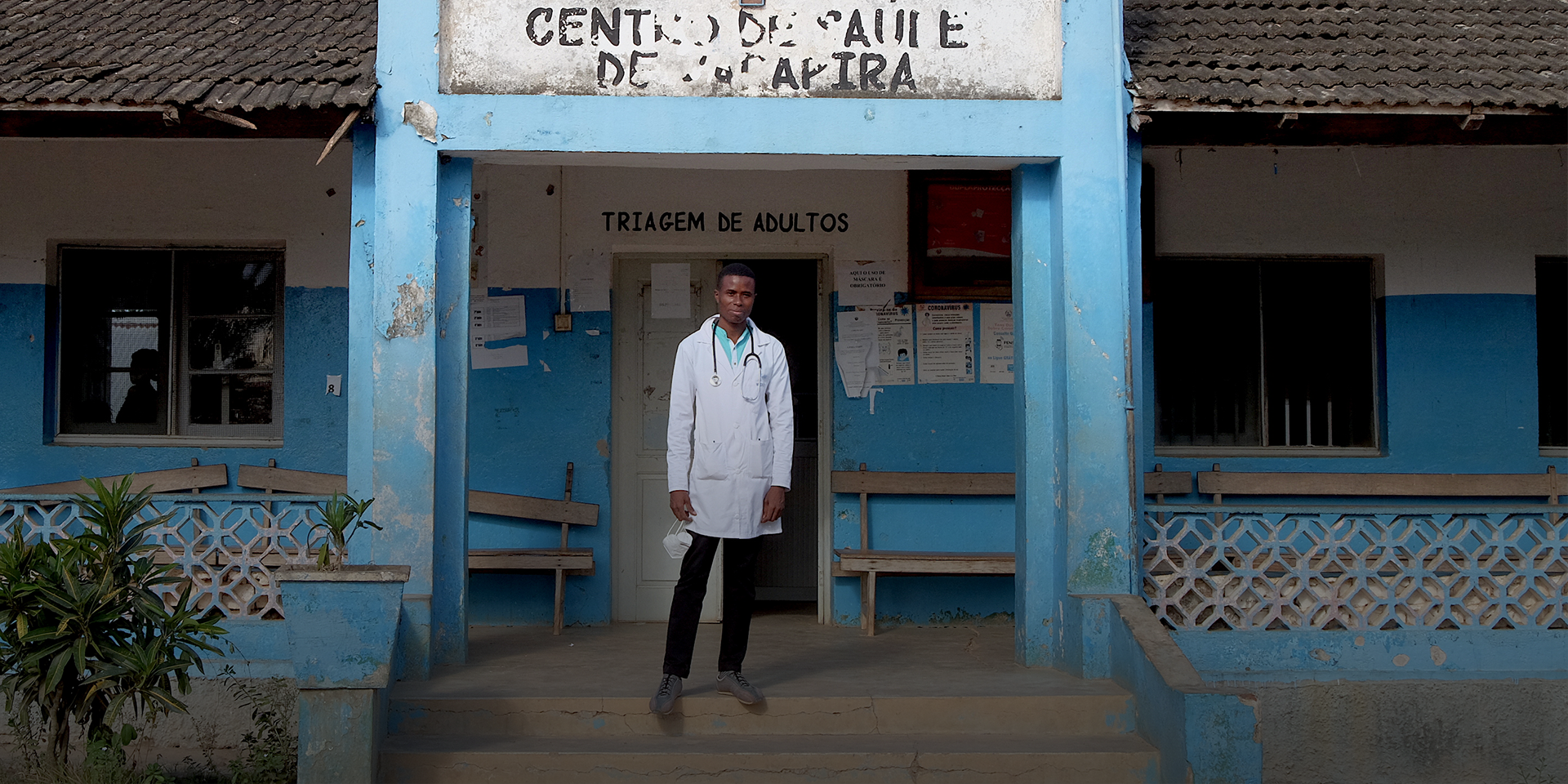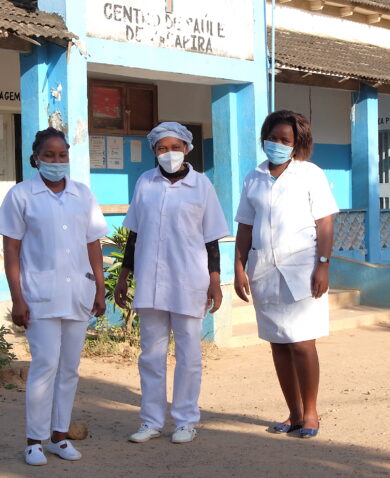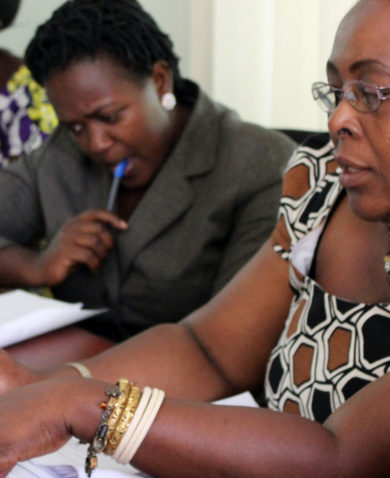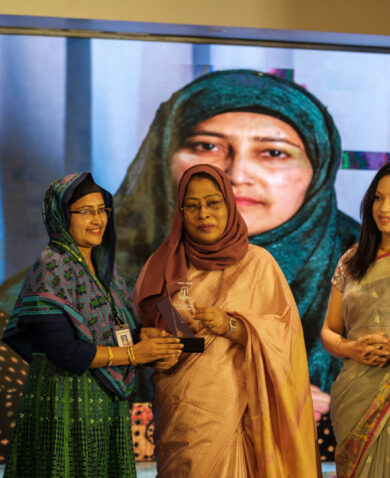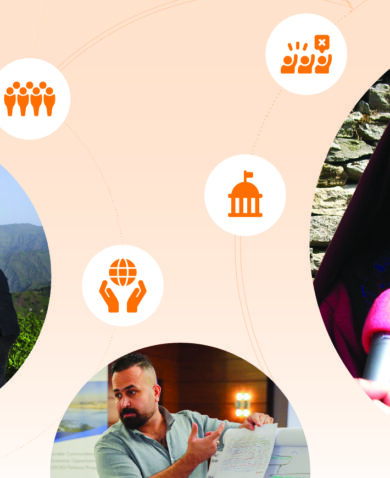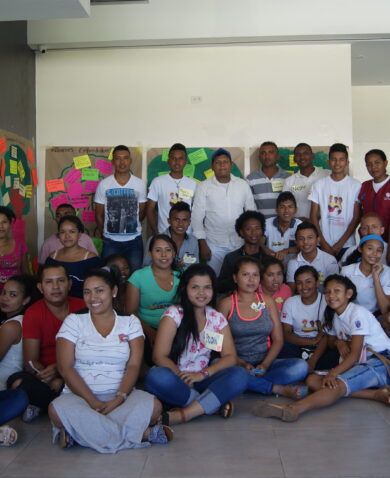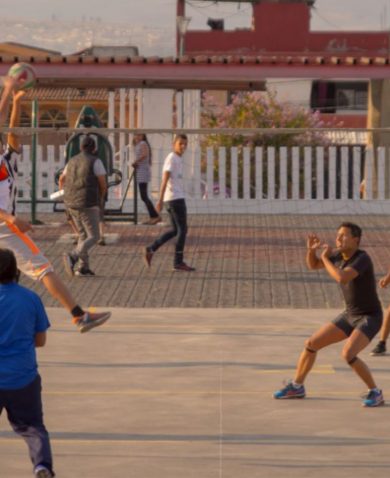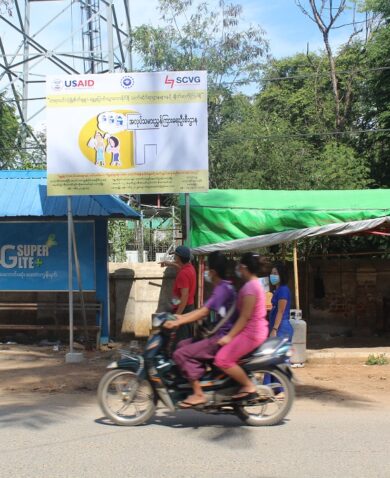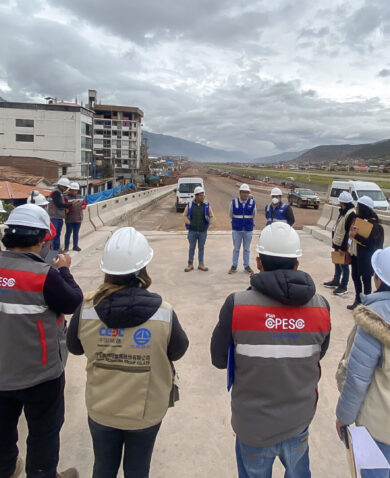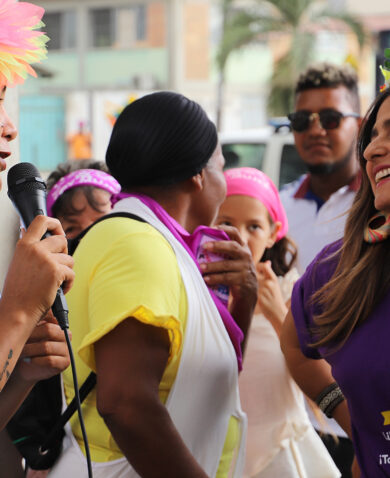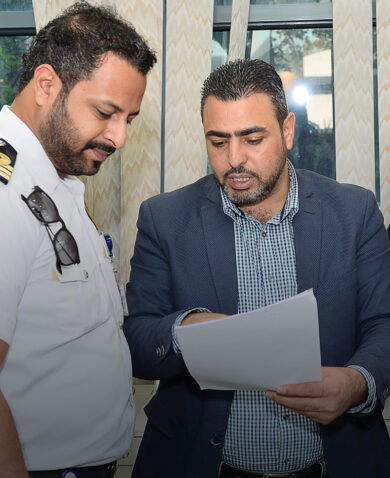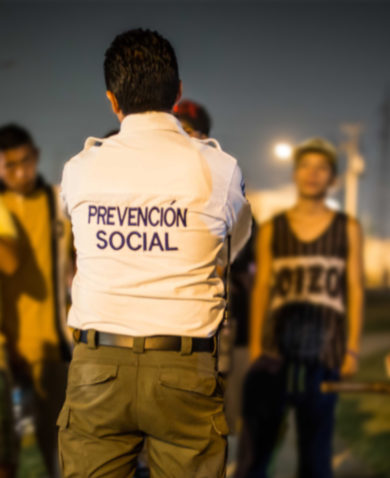Transparency and Accountability for Inclusive Development Mozambique (POTENCIAR)
With funding from UK International Development from the UK government, this programme, also known as POTENCIAR addresses accountability and governance issues that undermine the delivery of basic services in Mozambique. It strengthens civic engagement, multi-stakeholder platforms and coalitions that drive change in the enabling environment. This includes through better allocation of resources and more participatory and inclusive planning and decision-making processes that improve provision of key services to poor and marginalised populations.
In its three years of implementation, POTENCIAR has helped to ‘humanise’ the maternal health sector in the areas where it has been working in Nampula province in Northern Mozambique. This is leading to women, and other marginalised groups, better directing how maternal health services at the facility level respond to their needs and meet their requirements. It is leading to service providers, such as Health Unit Directors, being more aware of their professional code of conduct and how to enforce adherence at the point of service delivery. It is leading to the provincial government in Nampula spearheading collaboration with civil society, NGOs and others, to strengthen work across different sectors for better resourcing and impact in maternal and child health services. Importantly, POTENCIAR has been working with civil society partners and health providers, including the inspection service, to strengthen Grievance Redress Mechanisms. This is empowering health users to report concerns, and empowering health providers to make changes in how they deliver their services in response to these concerns.
At the national level POTENCIAR has been working with partners to develop a new draft bill on humanised childbirth, expected to go to parliament in 2024. Once agreed it will provide women legal protection against abuse and violence during the prenatal, childbirth and postpartum stages– a time when they are at their most vulnerable against such infringements.

